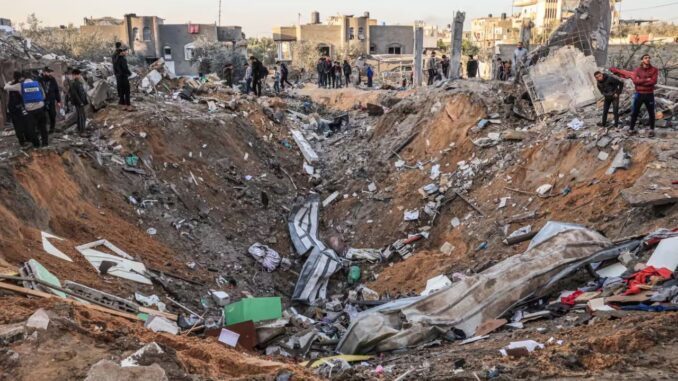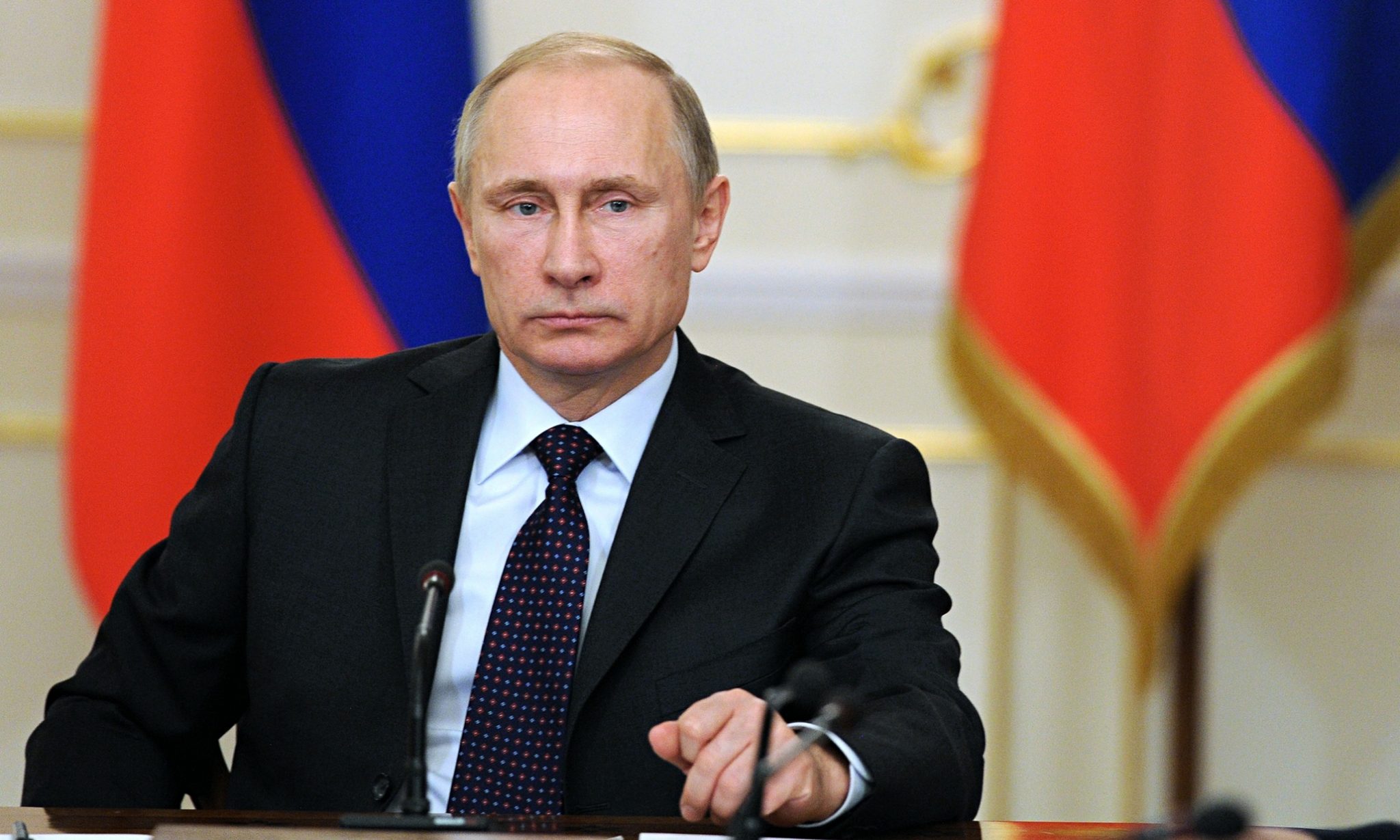
Israel and the United States have shown their sharpest public disagreement yet over the conduct and future of the war against Hamas as the two allies became increasingly isolated by global calls for a ceasefire.
Associated Press reports the dispute emerged on Tuesday while Israeli forces carried out strikes across Gaza, crushing Palestinians in homes.
President Joe Biden said he told Israeli prime minister Benjamin Netanyahu that Israel was losing international support because of its “indiscriminate bombing” and that Netanyahu should change his government, which is dominated by hard-right parties.
Just hours later, the UN general assembly passed a resolution calling for a humanitarian ceasefire by a vote of 153 in favour, 10 against and 23 abstentions.
The non-binding vote is largely symbolic, but it serves as an important barometer of world opinion. None of the major powers joined Israel and the US in their opposition to the ceasefire.
Biden’s comments came as the White House national security adviser Jake Sullivan heads to Israel this week to discuss with Netanyahu a timetable for the war – and what happens after war.
Defence secretary Lloyd Austin will travel to Israel next week for a visit the Pentagon said aims to show U.S. support for Israel but also to press the need to avoid more civilian casualties in Gaza.
The Palestinian Authority welcomed the UN resolution and urged countries to pressure Israel to comply, Reuters reports.
A Hamas official in exile, Izzat El-Reshiq, echoed that reaction in a statement on Telegram, saying Israel should “stop its aggression, genocide and ethnic cleansing against our people”.
However, the US and Israel allege that a ceasefire only benefits the Islamic Resistance Movement (Hamas).
A few days ago, U.N. officials warned that pressure was mounting near Gaza’s border with Egypt, where tens of thousands of Palestinians have tried to flee Israel’s assault.
The Rafah border crossing with Egypt has become even more crucial since Israel imposed a complete siege of the Gaza Strip in response to the Hamas Oct. 7 attack.
It is the only point where aid has come into the Gaza Strip, and where a relatively small number of people have been allowed out, since the war began.
Gazans have flocked to the area seeking safety and supplies. Thousands continue to arrive, heeding evacuation orders from Israel’s military that named parts of Rafah, the region next to the crossing, as a place to go for refuge, even as Israel expands its ground operation in the south.
But relief is in short supply. Aid officials have warned of “extreme” overcrowding and a “dire” situation in the border area, and have raised alarms about the spread of disease. Deteriorating conditions could push Palestinians over the border into Egypt, two U.N. officials warned.



